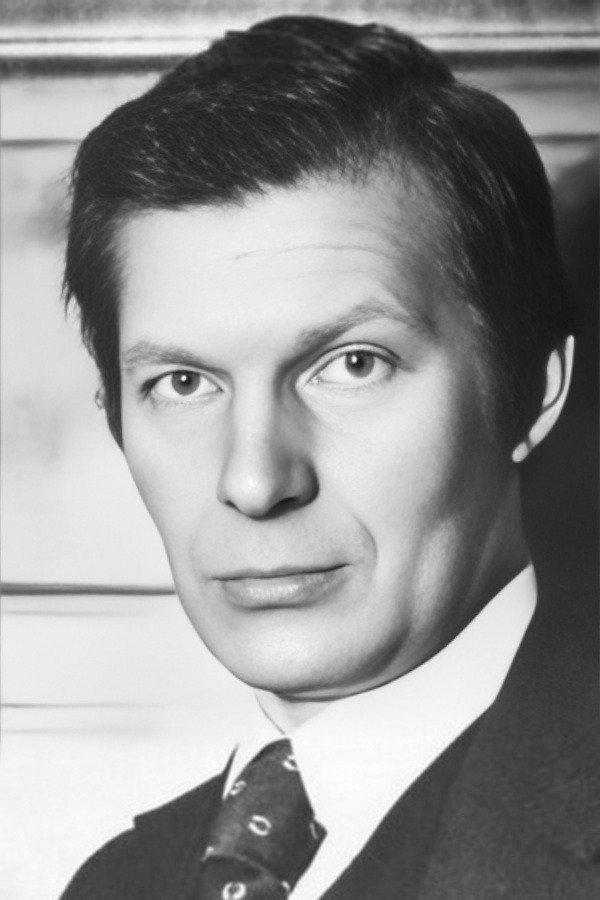
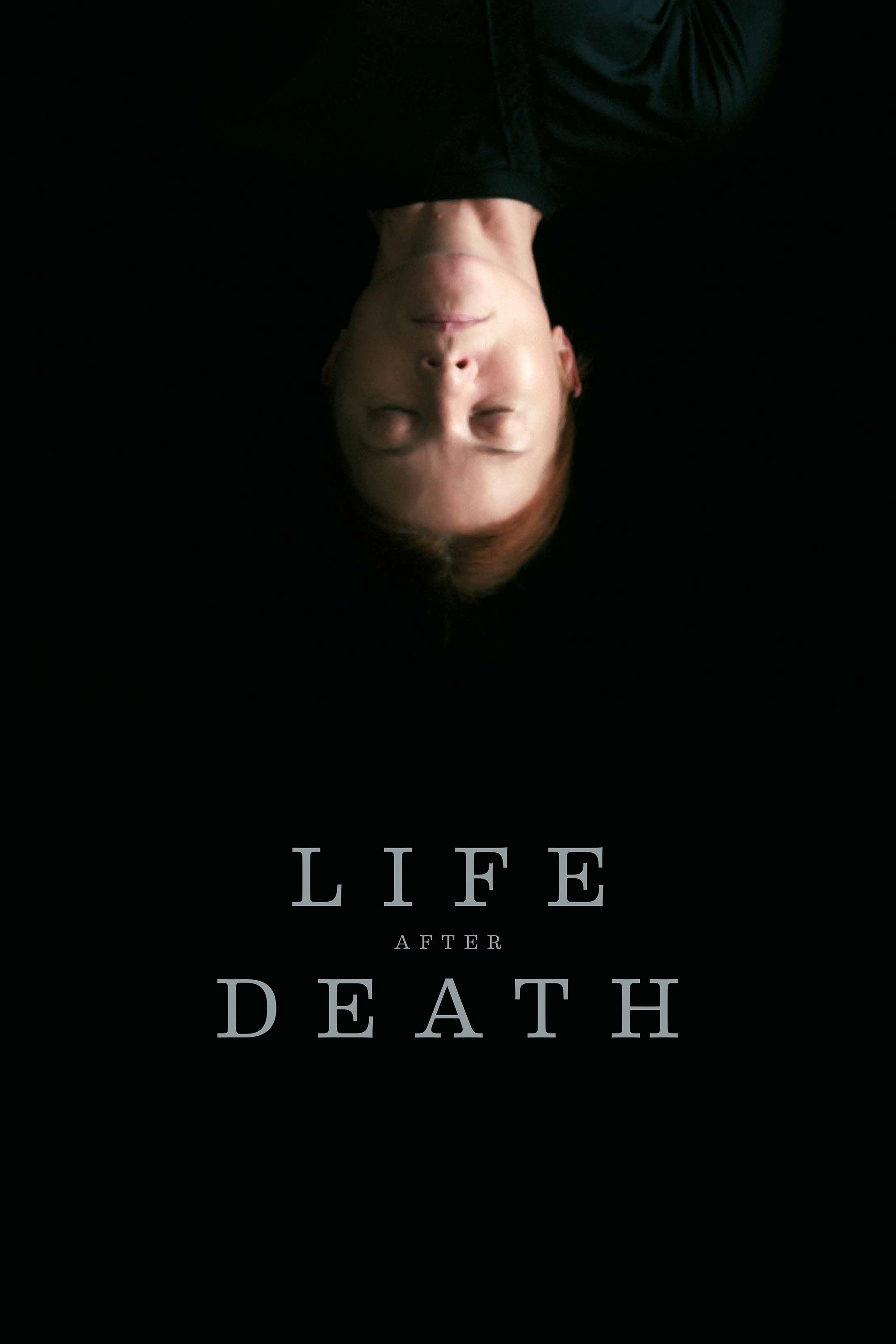
Is anything changing in life when in a film your characters death, mourning the loss of beloved one - parents, children is played? In Life After Death, this question is posed in different forms to three generations of actors.
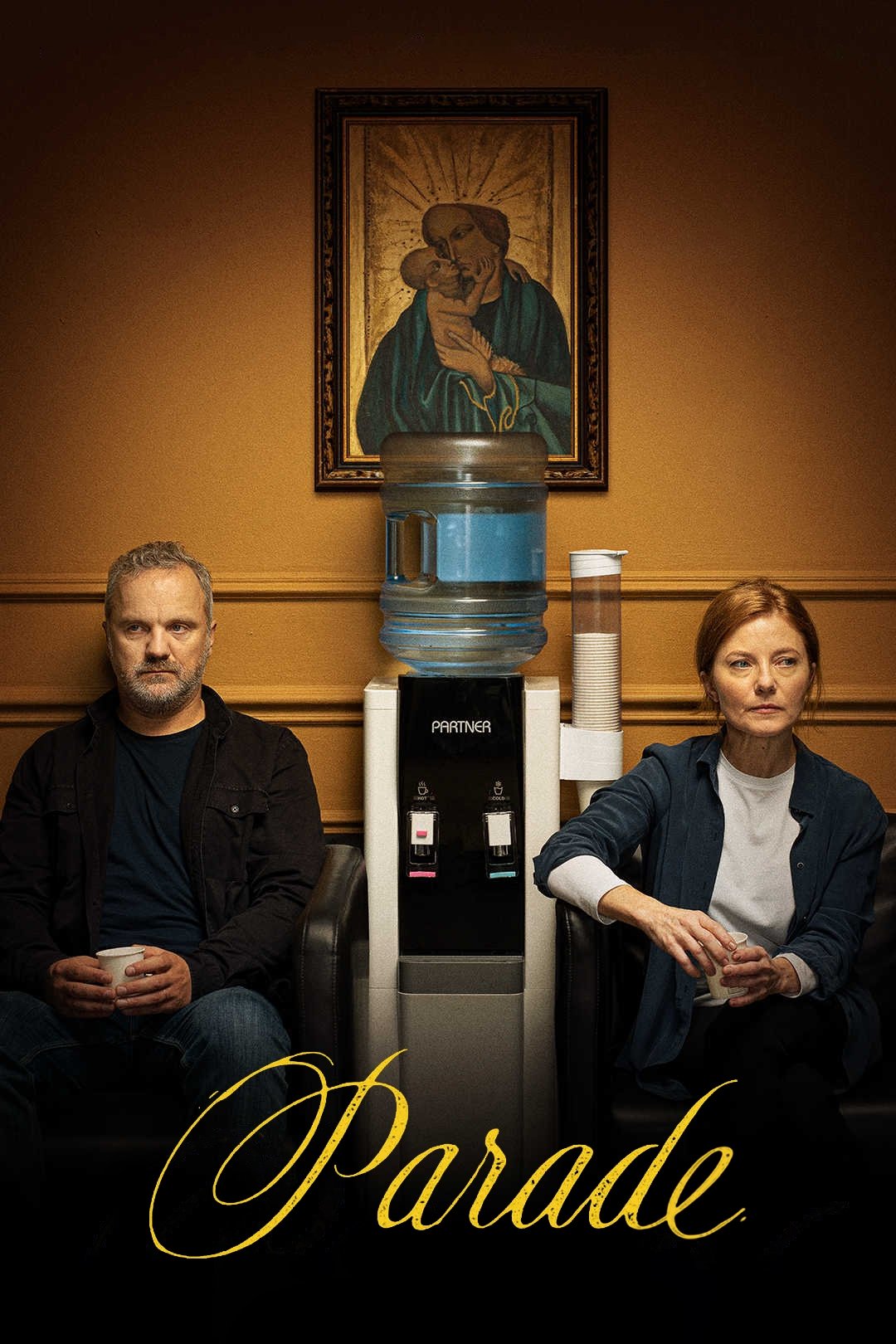
Miglė, who married when she was very young, has for 26 years been divorced from her ex-husband who one day calls her and asks for a favour. He has found that it would be a good time to get married again after the death of his mother. But there is a small problem: their divorce is valid only in the eyes of the law, because a Catholic marriage cannot be divorced. It can, however, be annulled. All that needs to be done is to complete an application and give the “Catholic court” a good reason. But she does not know in what kind of absurd situations she is about to find herself in.
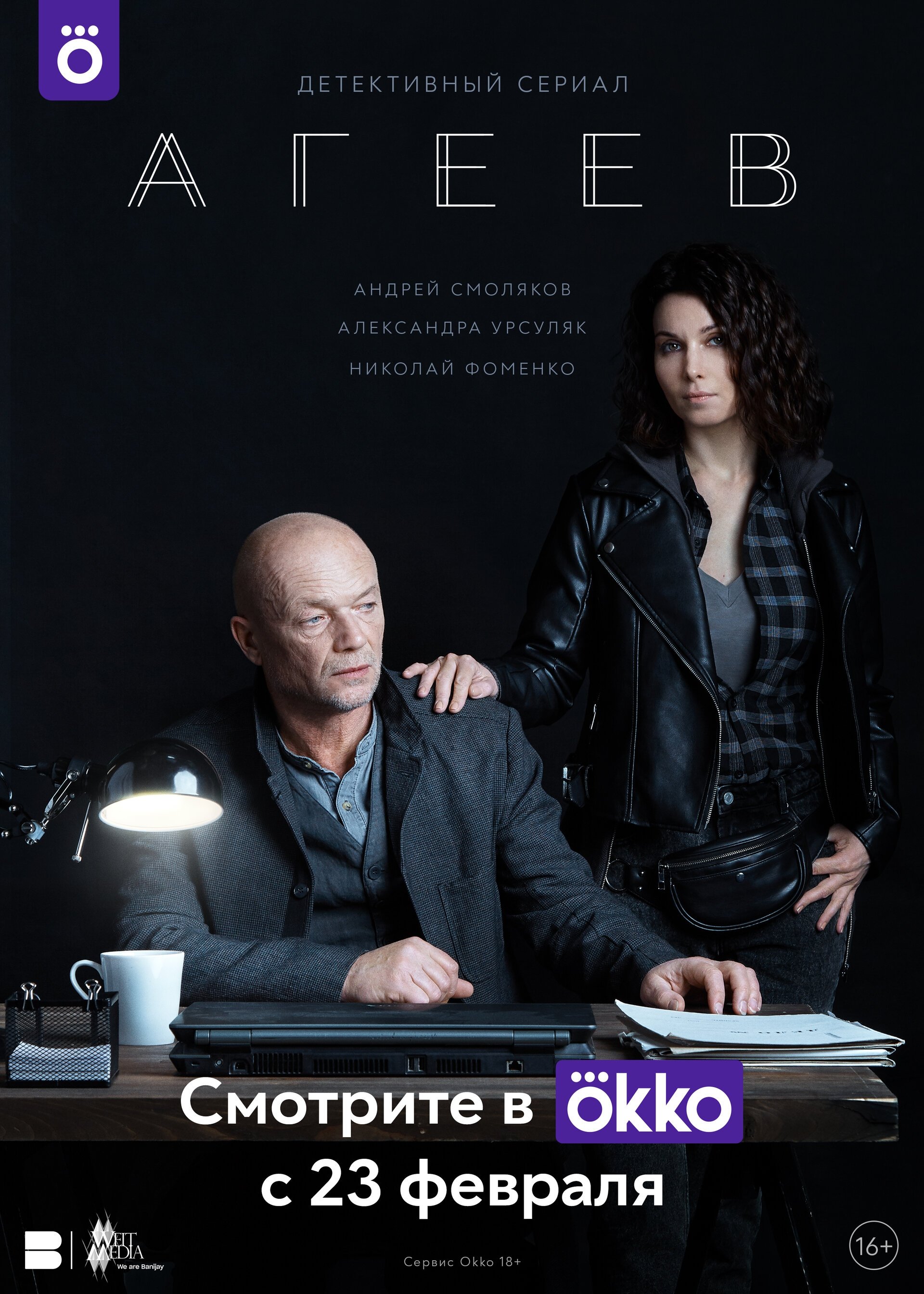
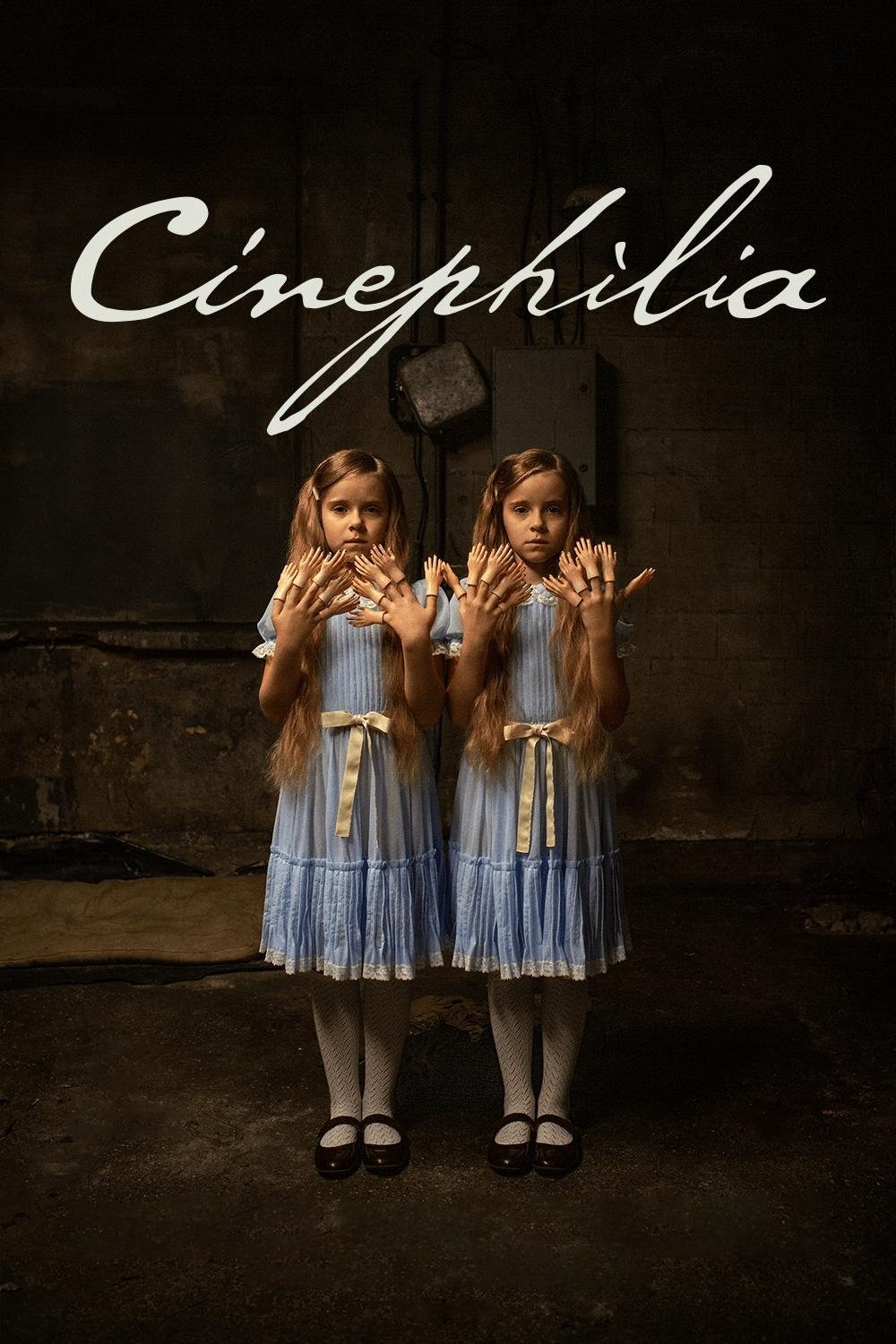
With gentle irony, “Cinephilia” unmasks the illusion of film. Characters migrate through the worlds of reality and fantasy, in circumstances that paradoxically have no questions or answers. The two moons of Lars von Trier shine in the night sky, entrancing the main heroes, Roland and Isabel. Roland rents himself a room where he winds up in situations reminiscent of the plots found in Franz Kafka’s “The Trial” or Roman Polański’s “The Tenant”. A guy visits Roland, claiming that they known each other, and offers him a lot of money to film his suicide. There begins a kaleidoscopic sequence of events and random acquaintances. They make the characters wander through the worlds of reality and fantasy, sometimes both at the same time. A dark comedy that tells nine related stories in which the fates of the characters intertwine.
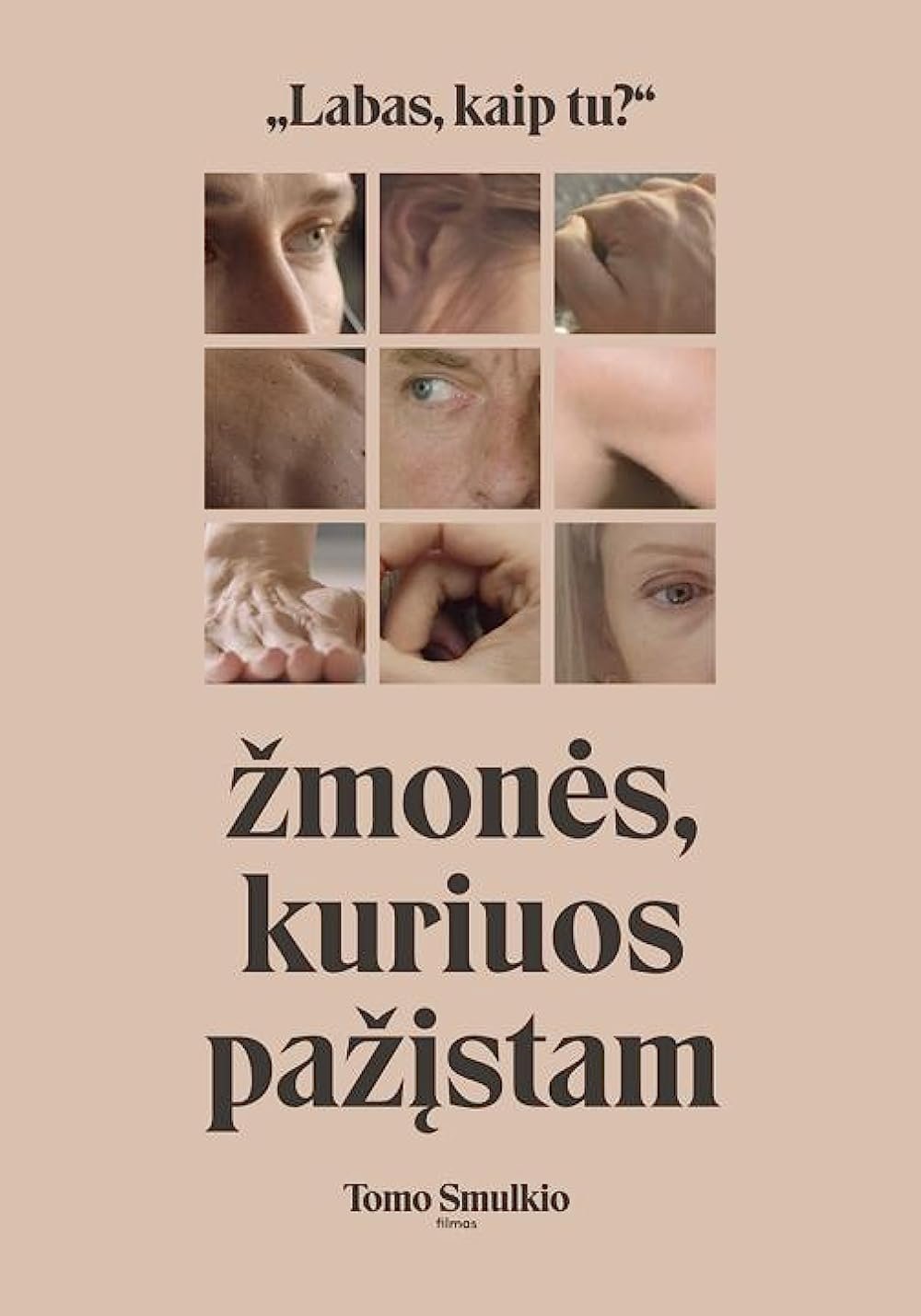
Vilnius, four hot summer days. Goda is learning anew to have a relationship while dealing with past trauma. Juste always had a safe life, planned for her by others, as she finally realizes she wants to decide for herself. After twenty years of marriage Vytas leaves his family, unable to admit his true reasons. The voice of Anatolijus joins all of these stories and experiences into one breathless state, which every character is trying to escape on their way to finding freedom in a constantly changing society that keeps on developing new standards.
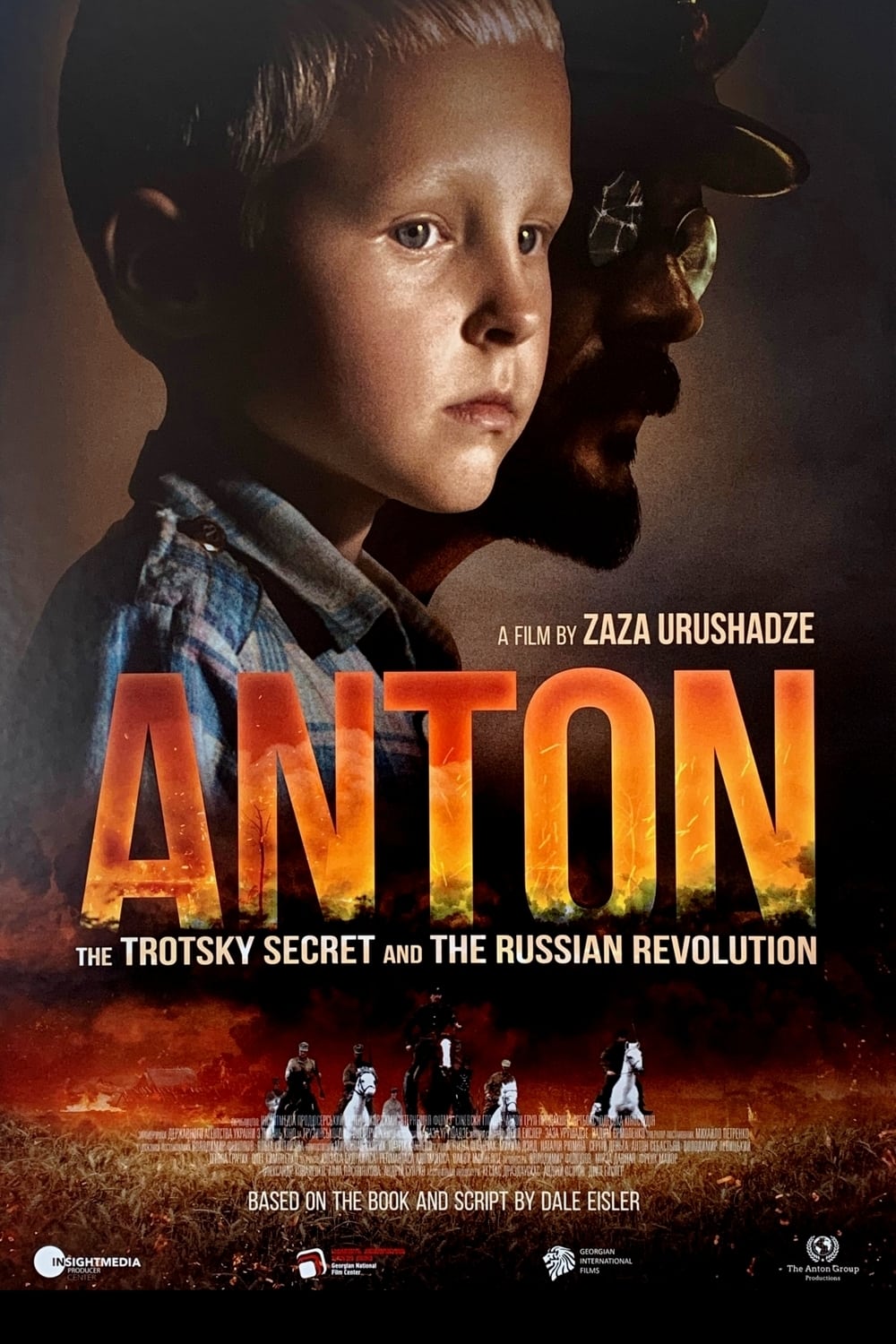
Ukraine, 1919. The friendship of two boys, Anton and Jacob, one Christian, the other Jewish, manages to survive the prejudices and hatred that dominate the minds of adults in the aftermath of World War I and the Russian Revolution.
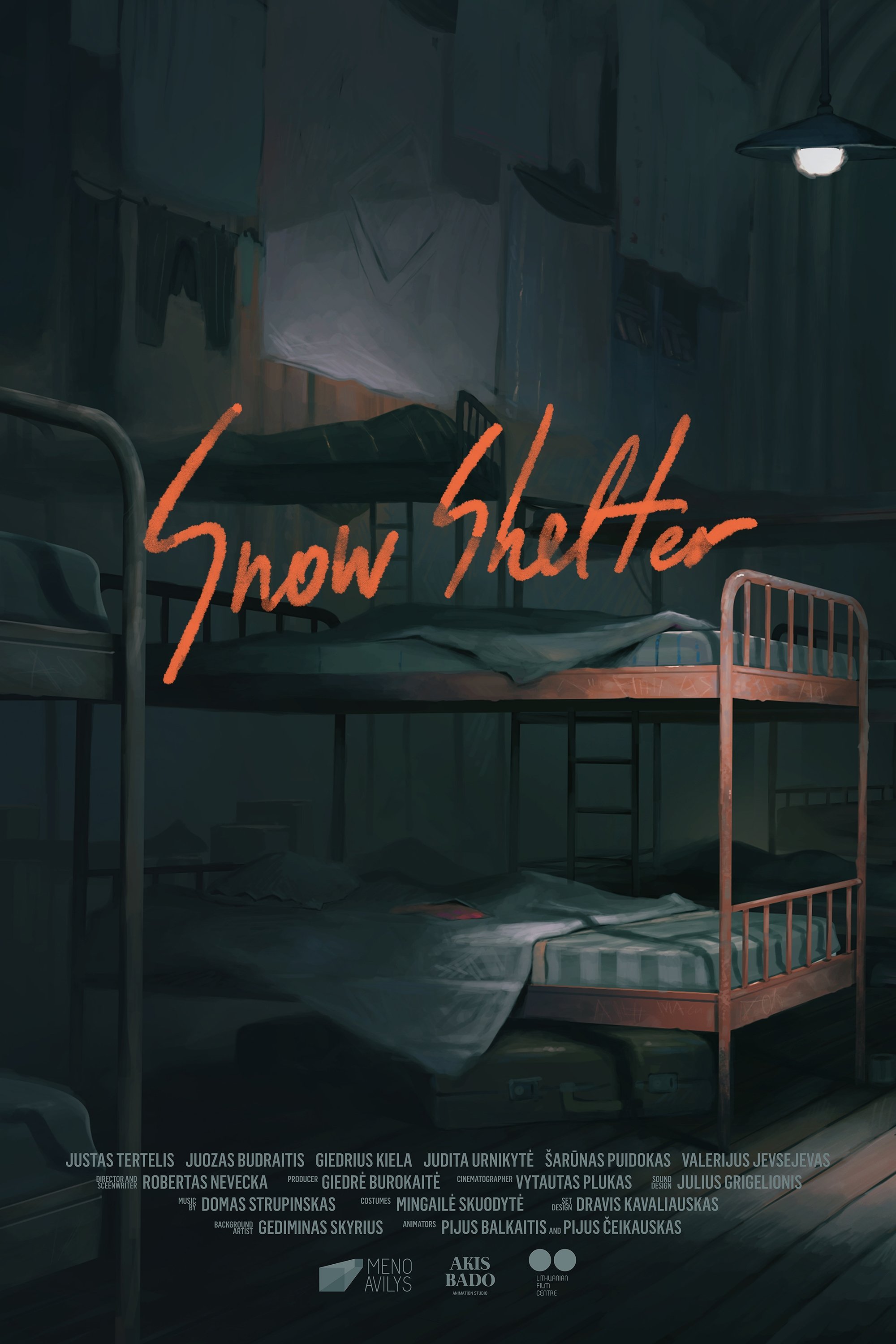
Frigid winter in a war-devastated, present-day city. Several years have passed since the destruction, and the city is slowly rebuilding. A thirty-year-old guy is living as a squatter in an apartment with a group of strangers. He struggles to survive and also to find a little more comfort in this rough setting. One night he nearly burns the flat down, hoping for a warmer sleep. His roommates start hating him, so the guy has to find another shelter.
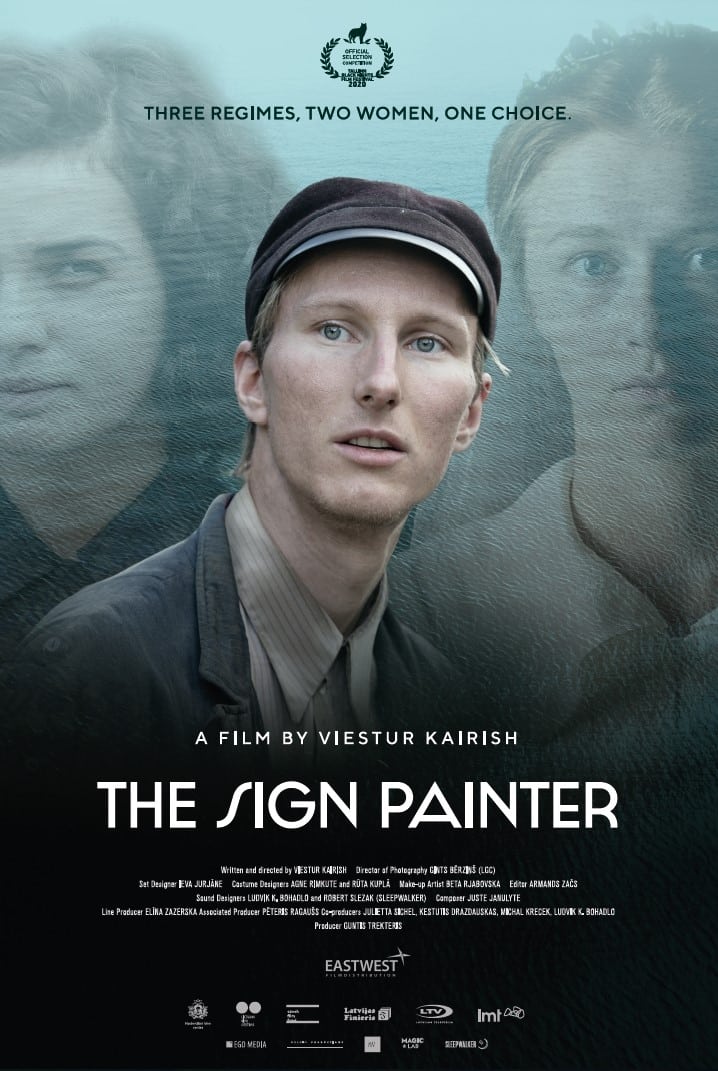
A Latvian tragicomedy about a young artist who bears witness to the dramatic political upheavals of the WWII era. As brutal regimes come and go, his country, his village, his people, and even his heart are swept up in the inexorable currents of history.
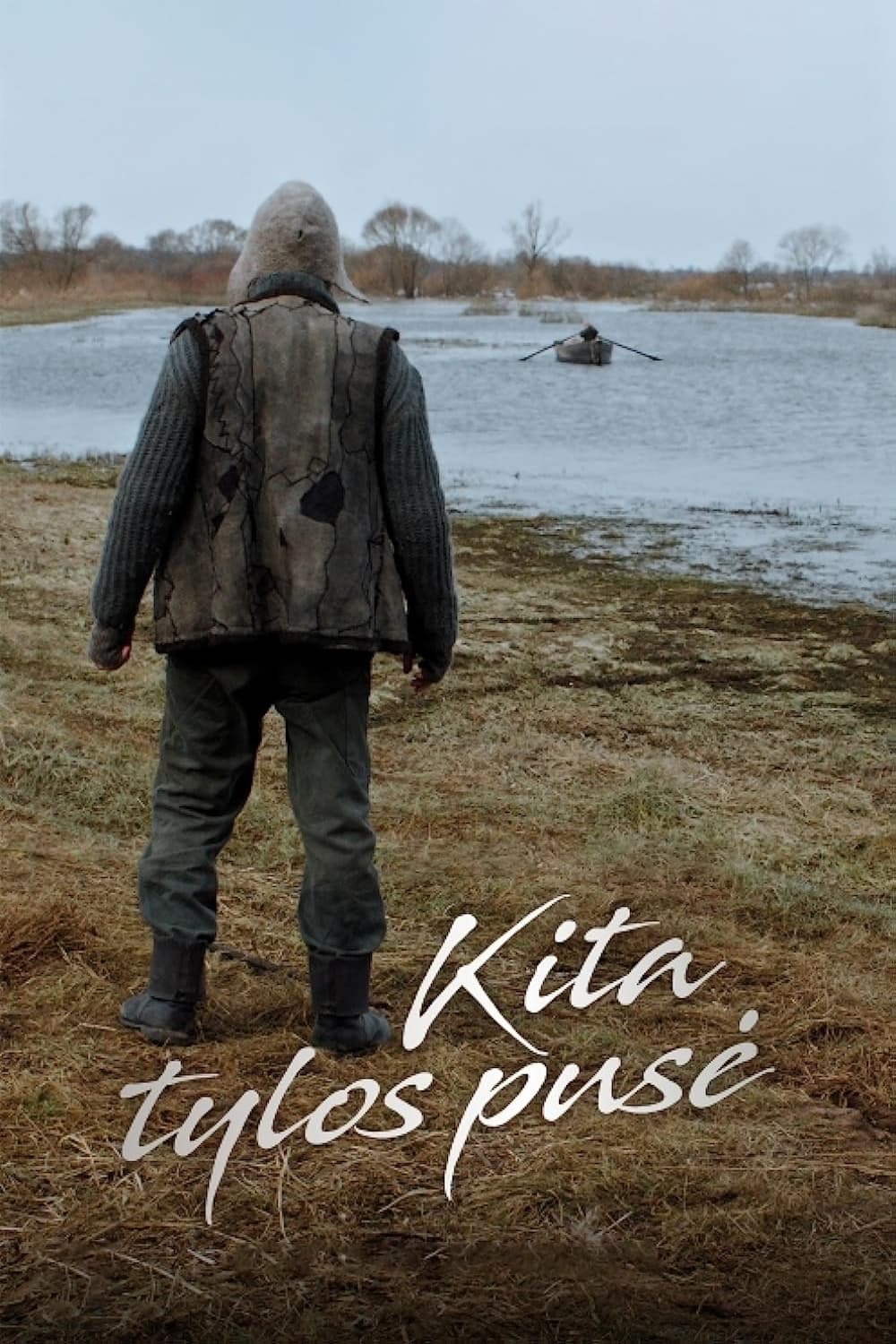
Einar and Kasparas are brothers, similar, but still very different people. They did not see each other for all eternity, though their house was separated by the river. Everyday they watch each other from afar, know when anyone is burning the oven, going to bed and so on.
The series tells about the three occupations and mass exterminations that took place in the middle of the last century, the Holocaust, the terror, the attempt to physically and spiritually crush Lithuania.
Juozas Budraitis (born October 6, 1940) is a Lithuanian actor. He has appeared in more than 60 films and television shows since 1966. He starred in the Soviet film Wounded Game, which was entered into the 1977 Cannes Film Festival.